Many new points prevent false reporting
The 6th draft of the Decree on petroleum business has just been submitted to the Government by the Ministry of Industry and Trade with a series of strong adjustments to reshape the structure. Petroleum market . Compared to previous drafts, this draft is assessed to have many regulations aimed at promoting competition, managing the market with data...
One of the new points of the draft is the regulation requiring key traders to supply a minimum total of 100,000m3/year of gasoline or oil, otherwise their licenses will be revoked. This is a screening regulation to help the market eliminate weak businesses that only hold licenses but do not have the capacity to supply. Previously, many businesses were licensed but operated at a low level, causing market distortion.
This draft also stipulates that businesses connect online data with the Ministry of Industry and Trade on inventory, import and export - a strong technical barrier, preventing the situation of "false reporting" or "hoarding goods to report shortages". For key traders, the draft has provisions to reduce the conditions on the number of stores in the system.
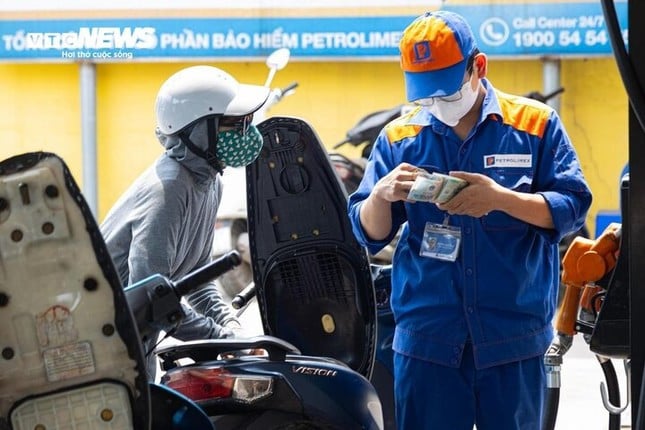
This draft also allows distributors to buy gasoline from other distributors, instead of the previous five drafts which prohibited it.
In particular, the new draft stipulates that wholesale traders and distributors can self-announce retail prices every Thursday, as long as they do not exceed the price ceiling calculated according to the formula (retail price = source cost + business cost + profit + value added tax).
This regulation is considered to be aimed at a more competitive market, limiting the situation of "virtual loss, real profit" due to the shortcomings of the management mechanism in the past. However, the draft decree also gives many rights to key traders - from decision making and announcement. retail prices, control of internal distribution systems, to coordination of domestic and imported supplies.
The risk of large enterprises dominating
Talk to PV Tien Phong , economic expert Ngo Tri Long said that the gasoline market in Vietnam currently does not have perfect competition. According to Mr. Long, the Competition Law currently stipulates that an enterprise with a market share of 30% or more in the market, or a group of 2-3 enterprises with a total market share of 50% or more, or 4 or more enterprises with a total market share of 75% or more, is considered a dominant enterprise in the market. In the current Vietnamese petroleum market, the 2 large state-owned enterprises alone account for about 70% of the market share.
“The market is still dominated by enterprises, so if enterprises are allowed to decide on their own selling prices, it will lead to domination and risk of market manipulation in case of poor control. Along with that, small enterprises will be eliminated from the market if the big companies apply selling prices below cost to eliminate competitors,” Mr. Long said, adding that this goes against the principles of the Competition Law when it prohibits dominant enterprises from imposing selling prices for goods and services, imposing unfavorable trading conditions on partners, etc.
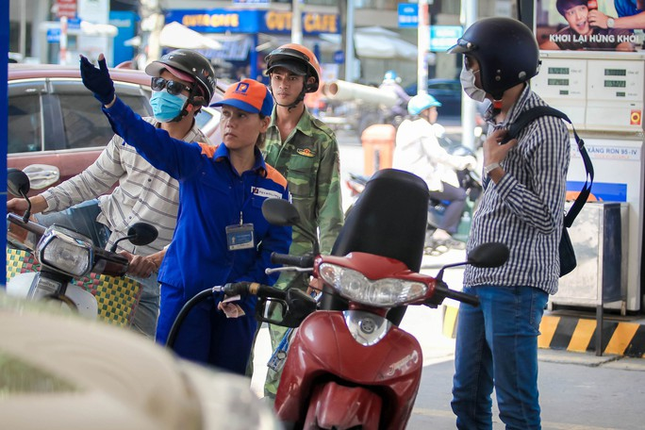
The director of a large petroleum enterprise in the North said that currently, a number of key traders hold an overwhelming market share in the import and distribution of petroleum, and at the same time control retail chains through branches, subsidiaries, or exclusive agency contracts.
Without a mechanism to prevent cross-linking and transparent franchise management, the possibility of the "big guys" regulating the market in a direction that benefits them is entirely possible and legalized.
According to this person, a major trader owning warehouses, ports, means of transport and retail chains can completely dominate the market in a locality. By simply applying a policy of discriminatory discounts or stopping supplying goods for a period of time, that business can push small competitors out of the "race".
In particular, while wholesale traders are allowed to import and authorize flexibly, distributors are limited in supply, and are not allowed to import goods themselves or negotiate with domestic refineries. This imbalance makes small distribution businesses easily “suffocated” by contract conditions imposed by large suppliers...
“In the phase oil crisis The lesson will be clear by the end of 2022 and the beginning of 2023. If a few businesses control the supply but show signs of stopping taking goods or selling at negative discounts, the market will immediately fall into chaos. If we only rely on the numbers on the license without knowing who is really controlling the supply chain, the regulatory agency will always be in a passive position," he said.
Source: https://baoquangninh.vn/nguy-co-lung-doan-thi-truong-neu-doanh-nghiep-tu-quyet-gia-xang-dau-3356815.html


![[Photo] General Secretary concludes visit to Azerbaijan, departs for visit to Russian Federation](https://vphoto.vietnam.vn/thumb/1200x675/vietnam/resource/IMAGE/2025/5/8/7a135ad280314b66917ad278ce0e26fa)


![[Photo] General Secretary To Lam receives leaders of typical Azerbaijani businesses](https://vphoto.vietnam.vn/thumb/1200x675/vietnam/resource/IMAGE/2025/5/8/998af6f177a044b4be0bfbc4858c7fd9)
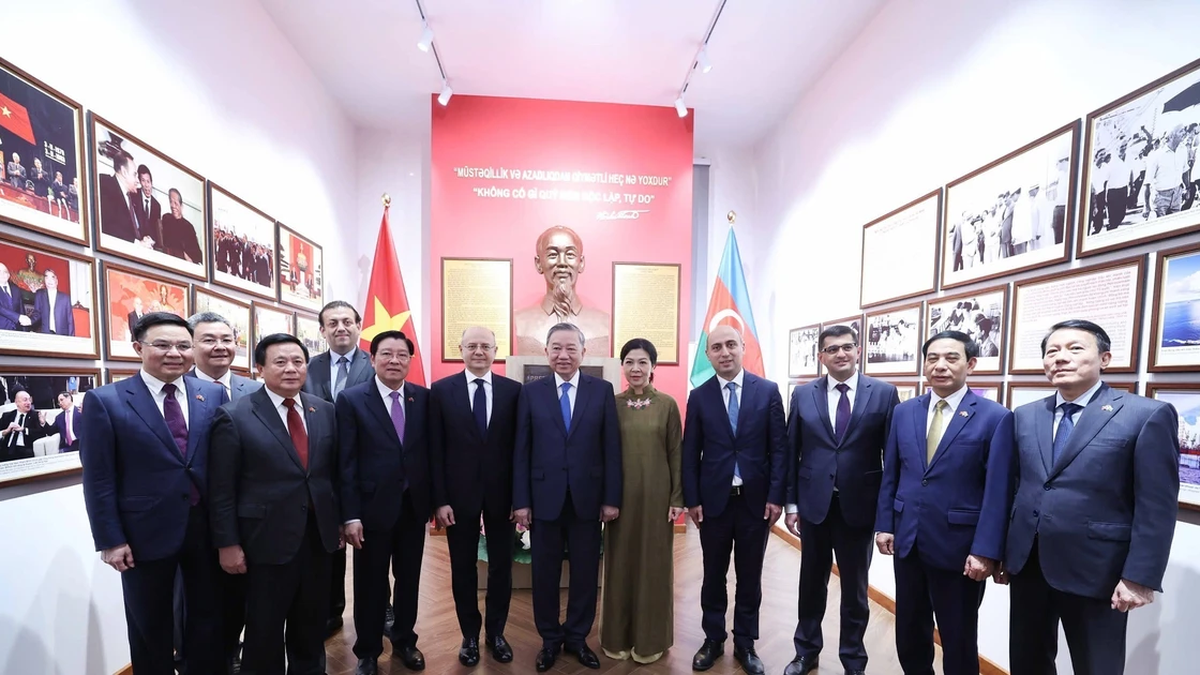
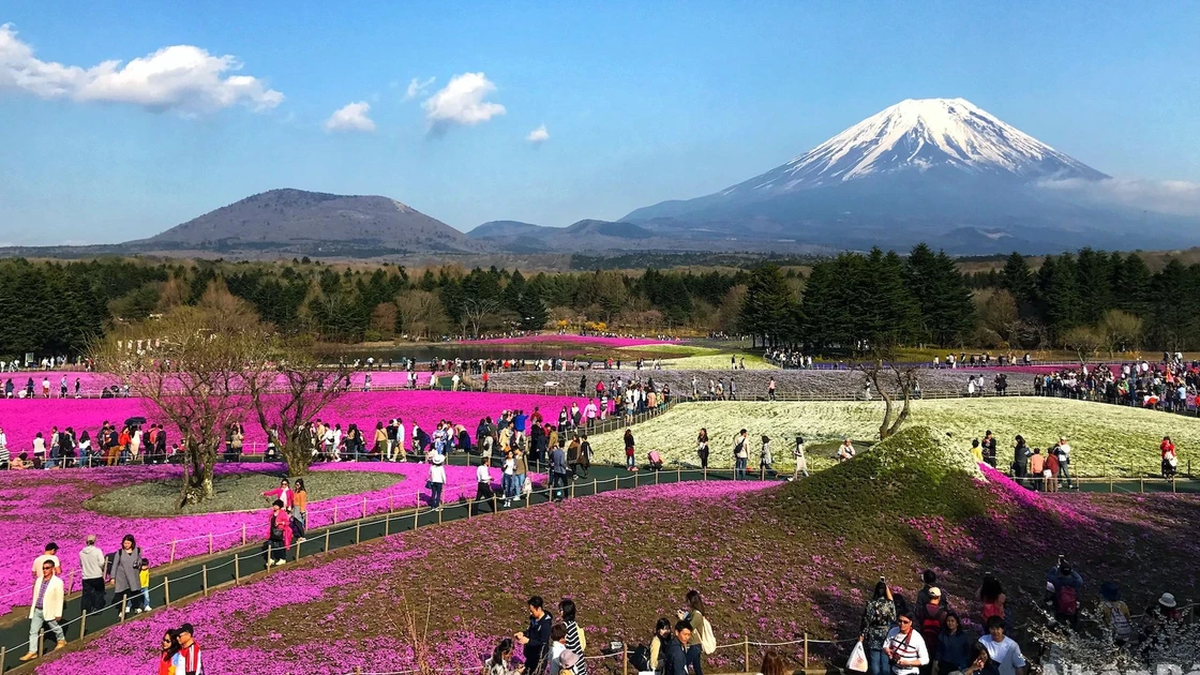
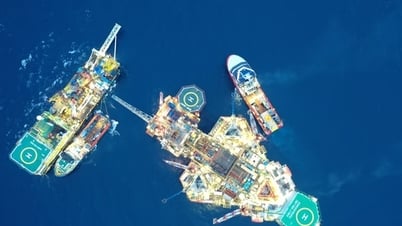
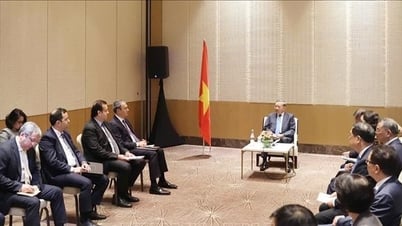
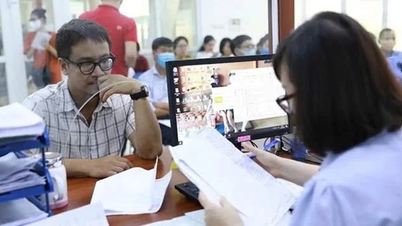
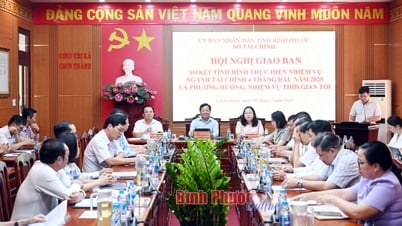
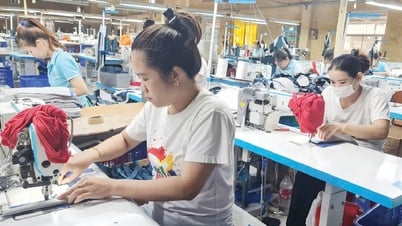





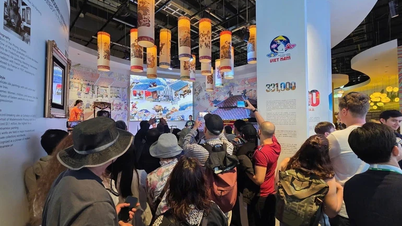

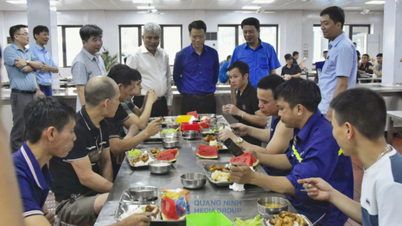
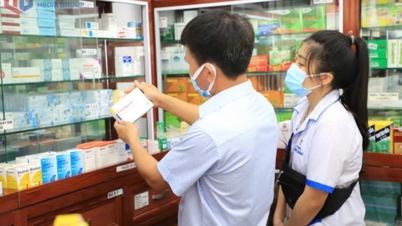
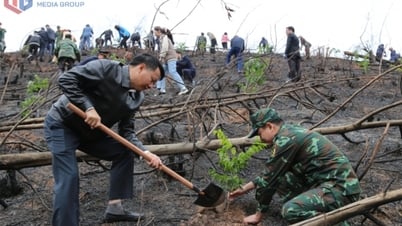
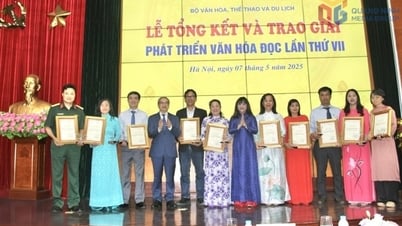


































![[Photo] Prime Minister Pham Minh Chinh talks on the phone with Singaporean Prime Minister Lawrence Wong](https://vphoto.vietnam.vn/thumb/402x226/vietnam/resource/IMAGE/2025/5/8/e2eab082d9bc4fc4a360b28fa0ab94de)













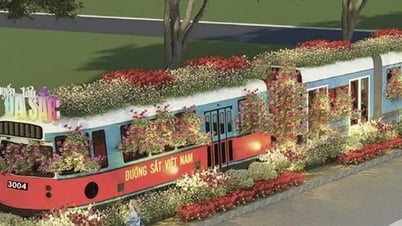
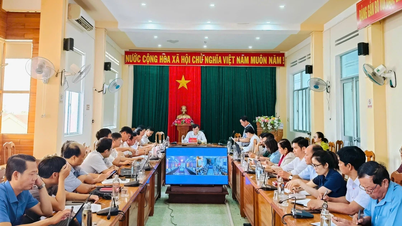















Comment (0)